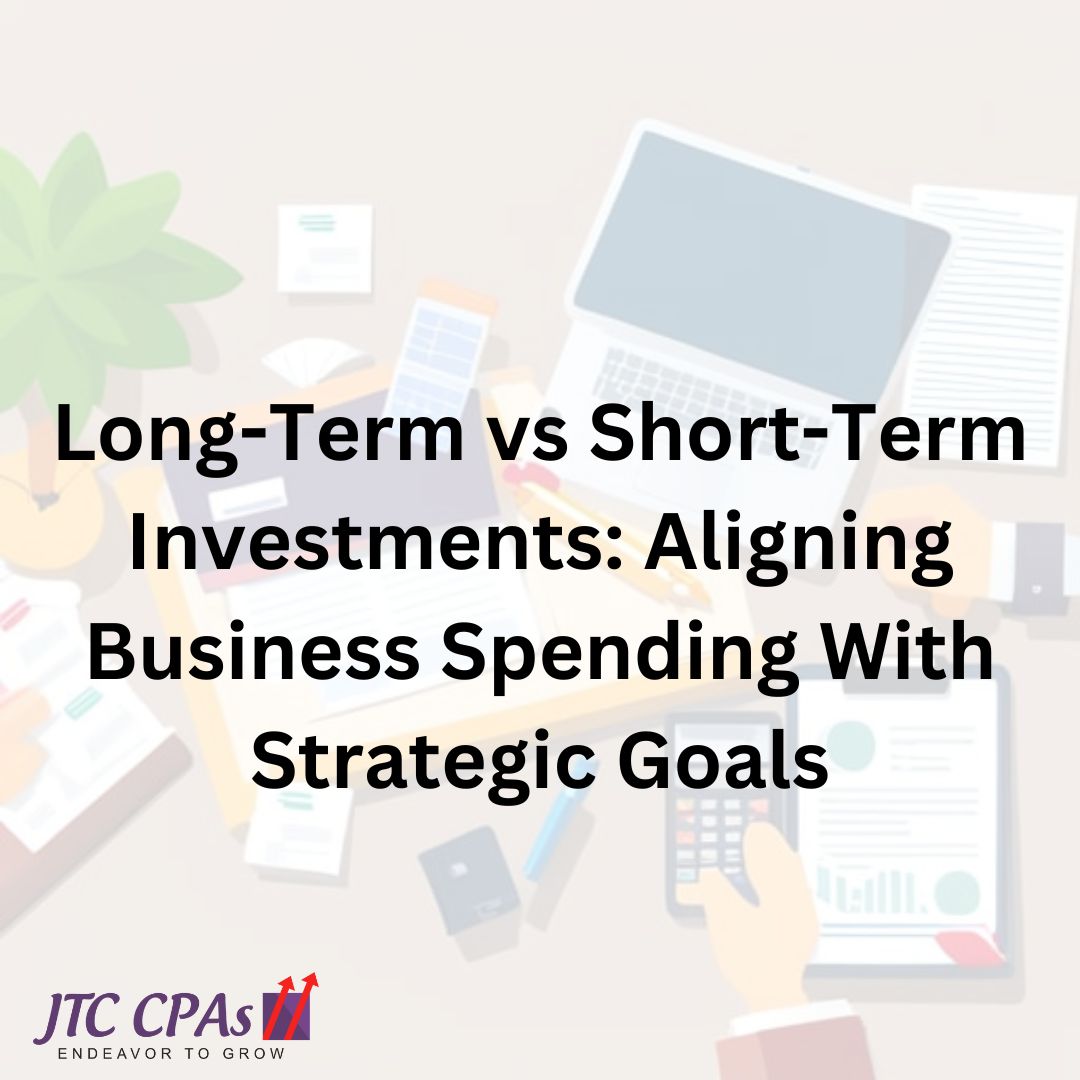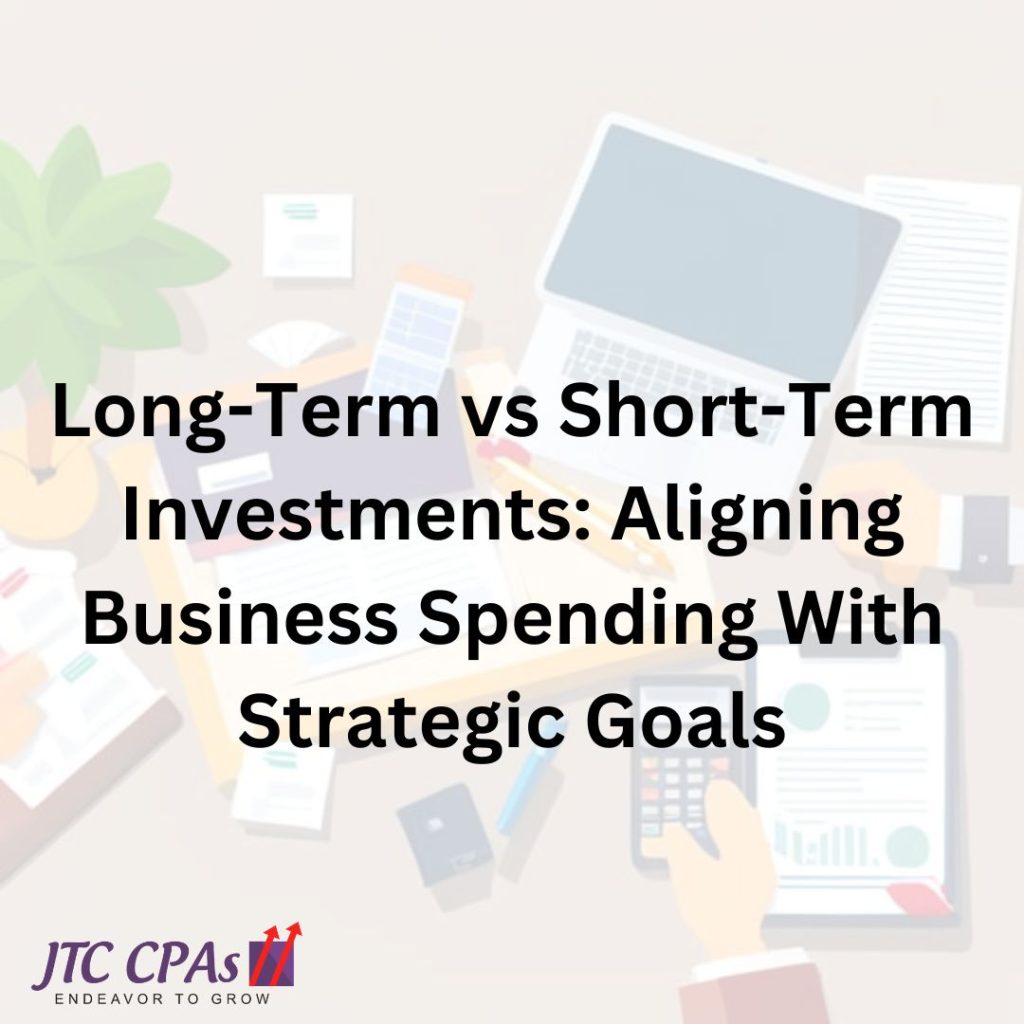
Published March 7, 2023 – Every business owner has to ensure that their establishment has what it takes to survive and be profitable. In doing so, making correct investment decisions is pivotal. Short-term and Long-term investments are equally beneficial; however, your business’s strategic goals should be the deciding factor.
Before finding out how short and long-term investments affect your business,
What are Long-Term Investments?

These kinds of investments involve committing funds to projects or assets for an extended period, most times, several years. These often align with the business’s strategic goals and vision. Great examples include research & development and market expansion.
Risk margins on long-term investments are often very high, especially in industries that experience rapid changes and development. A good example is technology.
Impacts of Long-Term Investments on Alignment with Strategic Goals
Promoting Consistency and Stability: Long-term investments usually connote consistency and a drive toward stable projects that contribute to long-term growth and sustainability.
Better Risk Management and Projection: With Long term investments, companies can better mitigate risks, and allow for strategic projects that attract stakeholders.
Improved Confidence and Reputation: Investors and Stakeholders generally prefer companies with quantifiable and calculatable roadmaps. With Long-term investments, businesses have a higher chance of improving public confidence levels.
What are Short-Term Investments?
Short-term investments are projects companies embark on with the intent of making quick returns, taking advantage of market opportunities, or maximizing seasonal advantages. These kinds of investments often don’t align perfectly with business goals but are often more liquid and less risky for companies to dive into.
Impacts of Long-Term Investments on Alignment with Strategic Goals
Flexibility over Stability: With short-term investments, companies can respond rapidly to changing market conditions. It most times deviates from long-term strategic goals and can easily derail the company.
Tactical Objectives: Short-term objectives help companies to make rapid tactical decisions that could improve cash flow, better manage working capital, and maximize temporary market opportunities.
Poor Stability and Objectives: Companies that are overly dependent on short-term investments tend to completely derail from long-term goals and plans, and this can be bad for stability
Long and Short-term investments play a pivotal role in the finances of a business. Their impact on aligning with strategic goals may differ, but companies still have to take advantage of both when necessary. A balanced approach to investments by a company is essential for optimizing business expenditure and obtaining sustainable growth.
Contributor: Benny Koteeni